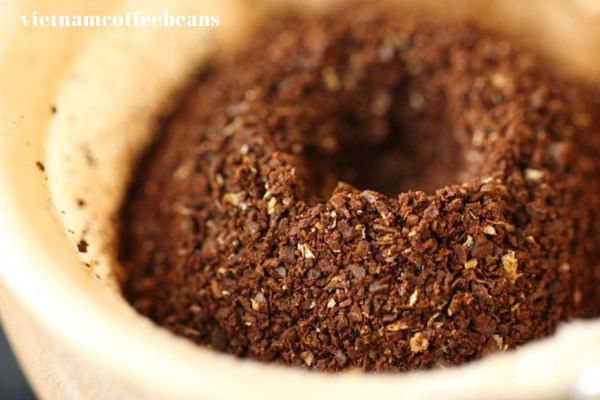Icatu coffee beans are a hybrid cross of Bourbon and Robusta beans created in Brazil. As a cultivar, Icatu has a high yield and strong resistance to disease. It was bred with robusta and backcrossed to arabica cultivars to increase cup texture. Icatu boasts 30-50% more cherries than Mundo Novo and has red and yellow fruited descendants.
Within Icatu, there are several subvarieties which are hybrids of arabica backcrossed with robusta. These hybrids are the product of continuous backcrossing of arabica with robusta to arabica crops including Mundo Novo, Caturra, and others.
Icatu coffee is resistant to rust and nematodes. Its full potential as a specialty coffee is still being realized, but its pest tolerance and award wins are encouraging. Icatu coffee beans have low acidity, a moderate to full body, and a delicious dark chocolate flavor with citrus notes.
Key Takeaways
- Icatu Coffee Beans were created in 1993 by combining Arabica and Robusta beans.
- Icatu Coffee Beans have the potential to change the path of coffee exporting from Brazil and are considered a new coffee variation.
- Recommended coffees to brew with Icatu beans include Mocha and Latte, as well as other coffee varieties that taste excellent with Icatu beans.
- Icatu Coffee Beans are known for their flavorful and unique characteristics, but their viability as a specialty coffee is yet to be recognized.
What is Icatu Coffee
Icatu is a hybrid coffee varietal that originated in Brazil. It is related to C. arabica and C. canephora coffee species. Icatu coffee has shown strong pest resistance and success in Brazil’s COE competition. However, its full potential as a specialty coffee is still being explored.
Icatu coffee was first developed in 1985 in Brazil, but officially released in 1993. There are many Icatu sub-varietals which are hybrids resulting from repeated backcrossing with other coffee cultivars.
Typical flavor notes for Icatu coffee are low acidity, medium to full body, and a sweet dark chocolate taste with hints of citrus aroma.
History of Icatu Coffee Beans

Icatu coffee beans were first created in Brazil in 1993 by combining arabica and robusta beans and then backcrossing with Mundo Novo beans. Although coffee has been cultivated since the 1700s, the Icatu cultivar is considered a relatively new coffee variation.
When you sip coffee prepared from Brazilian Icatu beans, you can appreciate its unique and flavorful taste. Even non-experts will realize how delicious Icatu coffee is when prepared in any style. Icatu’s full potential as a specialty coffee is still being explored, but it has the potential to change Brazilian coffee exporting.
Icatu coffee has a distinctive flavor with notes of dark chocolate and citrus. The beans have low acidity and a moderate to full body. As a newer cultivar, Icatu’s versatility and quality will likely continue improving.
Recommended Coffees to Brew

For brewing, I recommend trying different coffee varieties that pair well with Icatu beans. Icatu beans have a unique flavor profile, with a dark chocolate taste and hints of citrus, plums, cocoa, and berries. They have a medium to full body and a low acidity.
To compare Icatu beans with other coffee varieties, I have created a table below:
| Coffee Variety | Flavor Profile |
|---|---|
| Icatu Beans | Dark chocolate, citrus, plums, cocoa, berries |
| Mocha | Enhances chocolatey and sweet flavors of Icatu beans |
| Latte | Milky and adaptable, can be customized with different flavors |
| Other varieties | Tastes excellent with Icatu beans |
By exploring different coffee varieties, you can find the perfect match for your Icatu beans and create a truly enjoyable cup of coffee.
Frequently Asked Questions
Conclusion
In conclusion, Icatu Coffee Beans are a truly remarkable blend of Arabica and Robusta beans. They have revolutionized the world of coffee with their unique flavor profile and versatility. They have the potential to become a favorite among coffee enthusiasts. Whether you prefer a rich and indulgent Mocha or a creamy and adaptable Latte, Icatu beans deliver an exceptional taste experience.
While availability may be limited, there are other Brazilian coffee options that offer a similar flavor profile. For those seeking a USDA Certified Organic and Fair Trade option, Specialty Ground Icatu Coffee is the perfect choice. It has low acidity, medium to full body, and delightful dark chocolate notes with a hint of citrus. It truly is a coffee lover’s dream.






